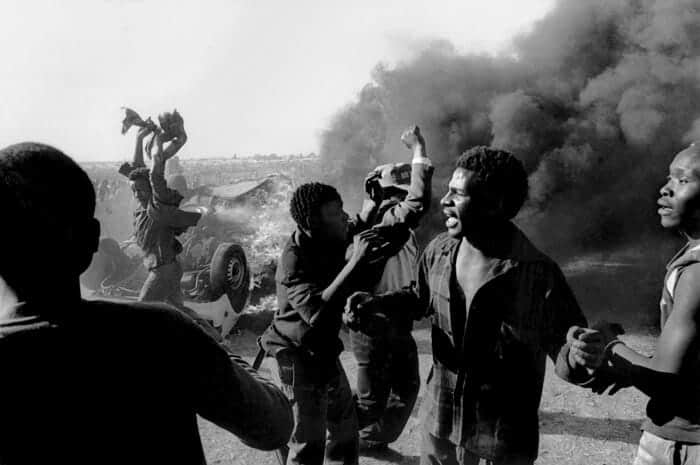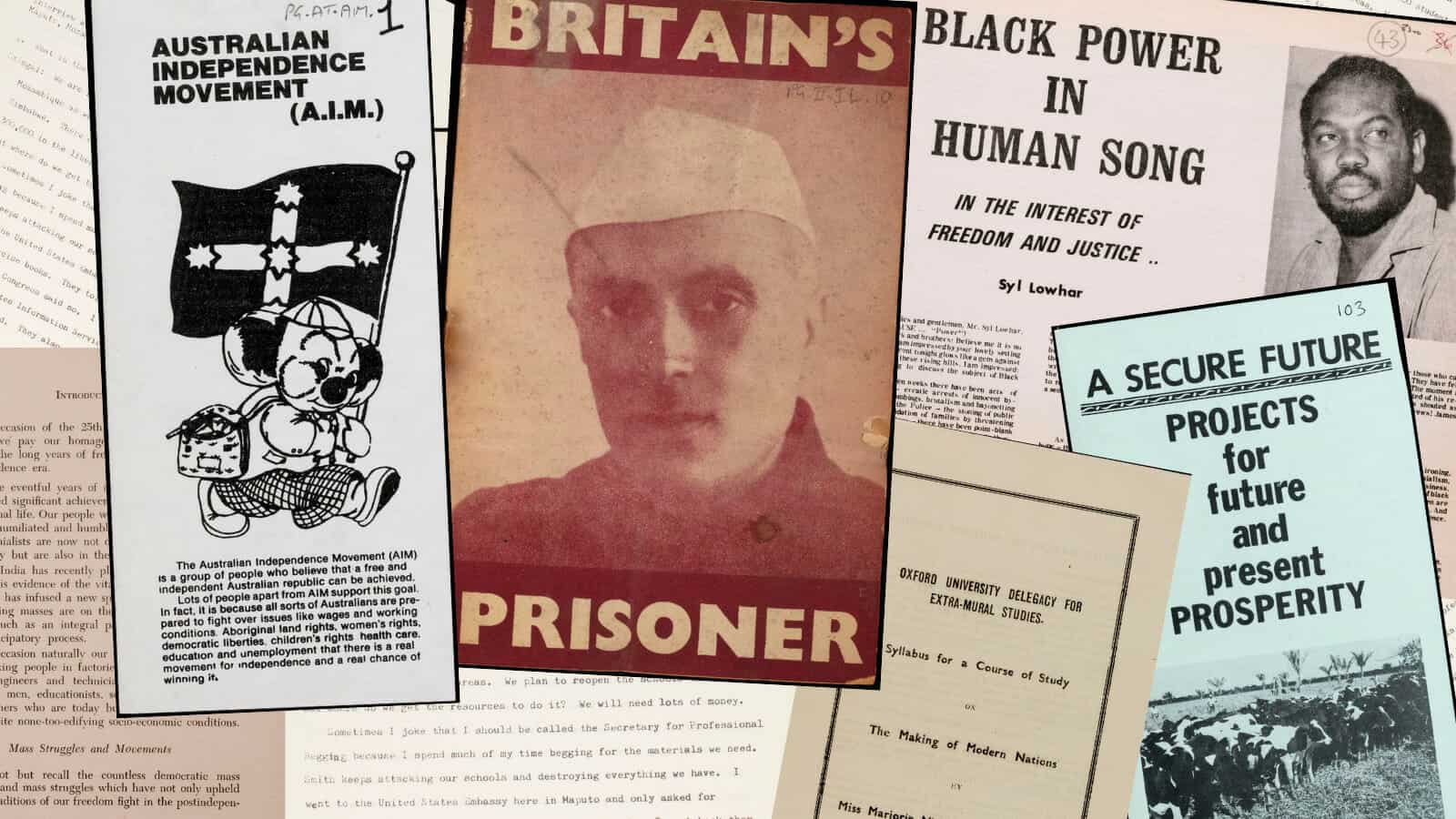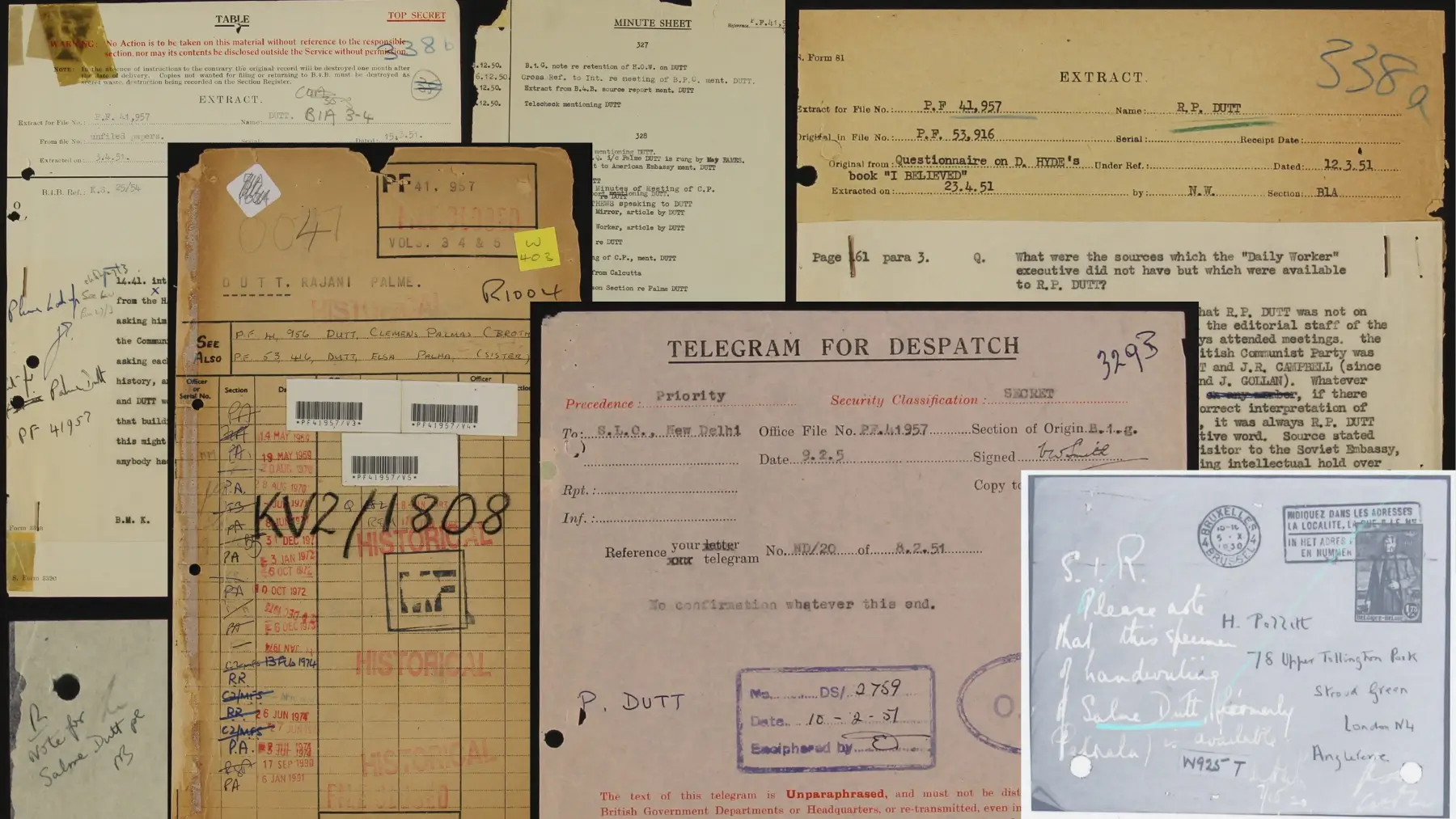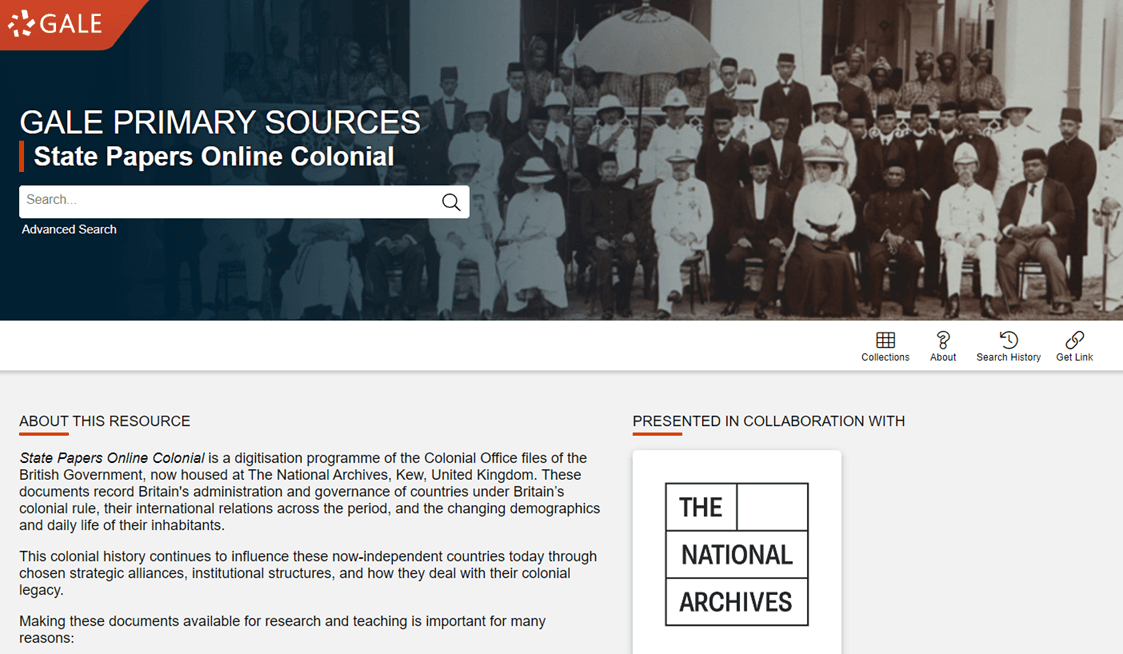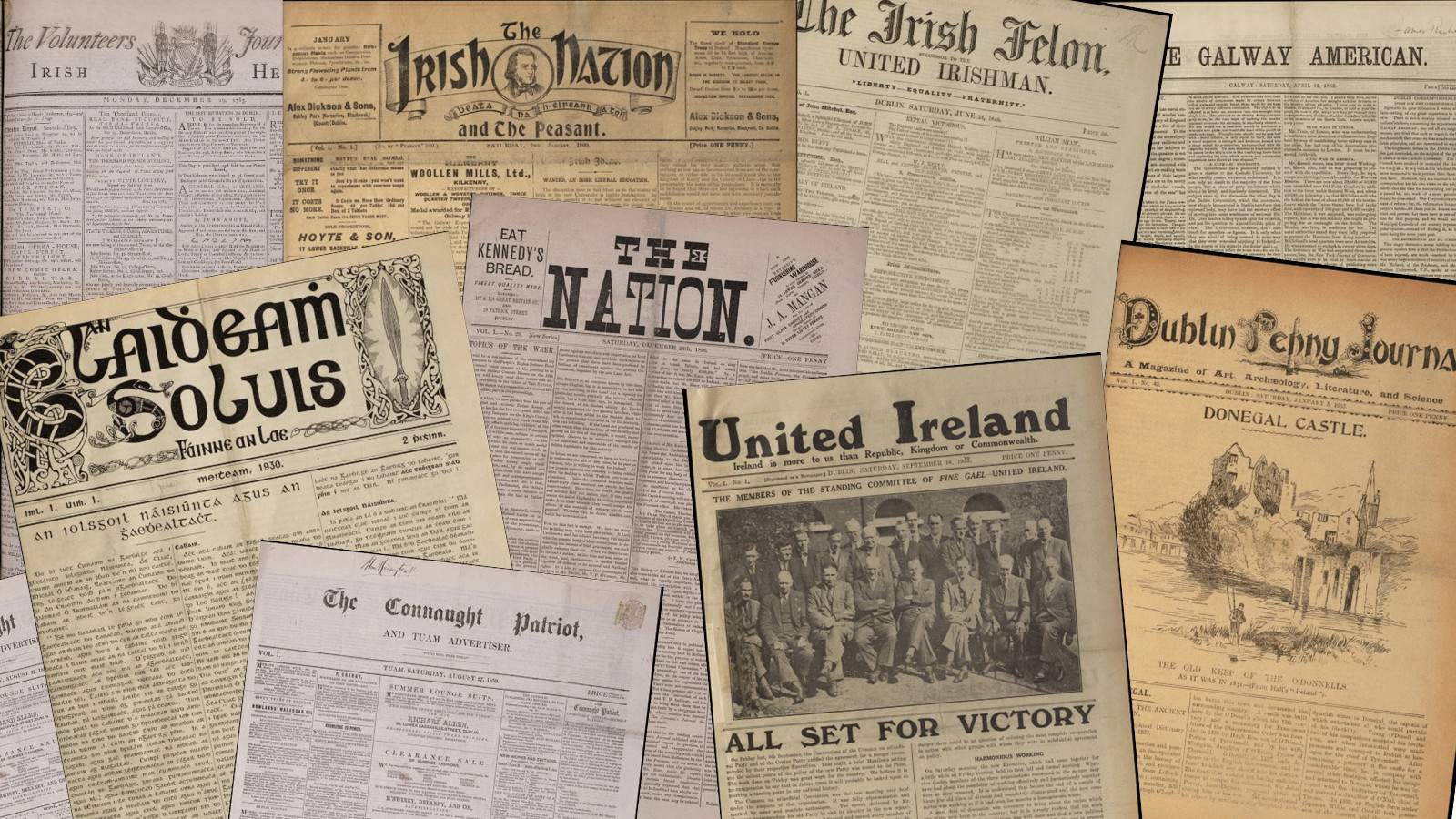│By Sasha Mandakovic, Gale Ambassador at Erasmus University, Rotterdam│
In the midst of finishing the final year of my Bachelor’s degree, I wrote a comparative analysis between the Black Consciousness Movement in South Africa and La Négritude, a literary black resistance movement in Senegal. Inspired by this, in this blog post I will be focusing on the rise of Black Consciousness in South Africa and what it sought to be. This topic is also of great personal relevance to me, as it delves into the experiences of individuals who share my own racial and cultural identity. Furthermore, as someone who has lived in West Africa and had the opportunity to visit South Africa, I find it truly captivating to delve into the nuances of this movement and acquire a more profound understanding of it.

